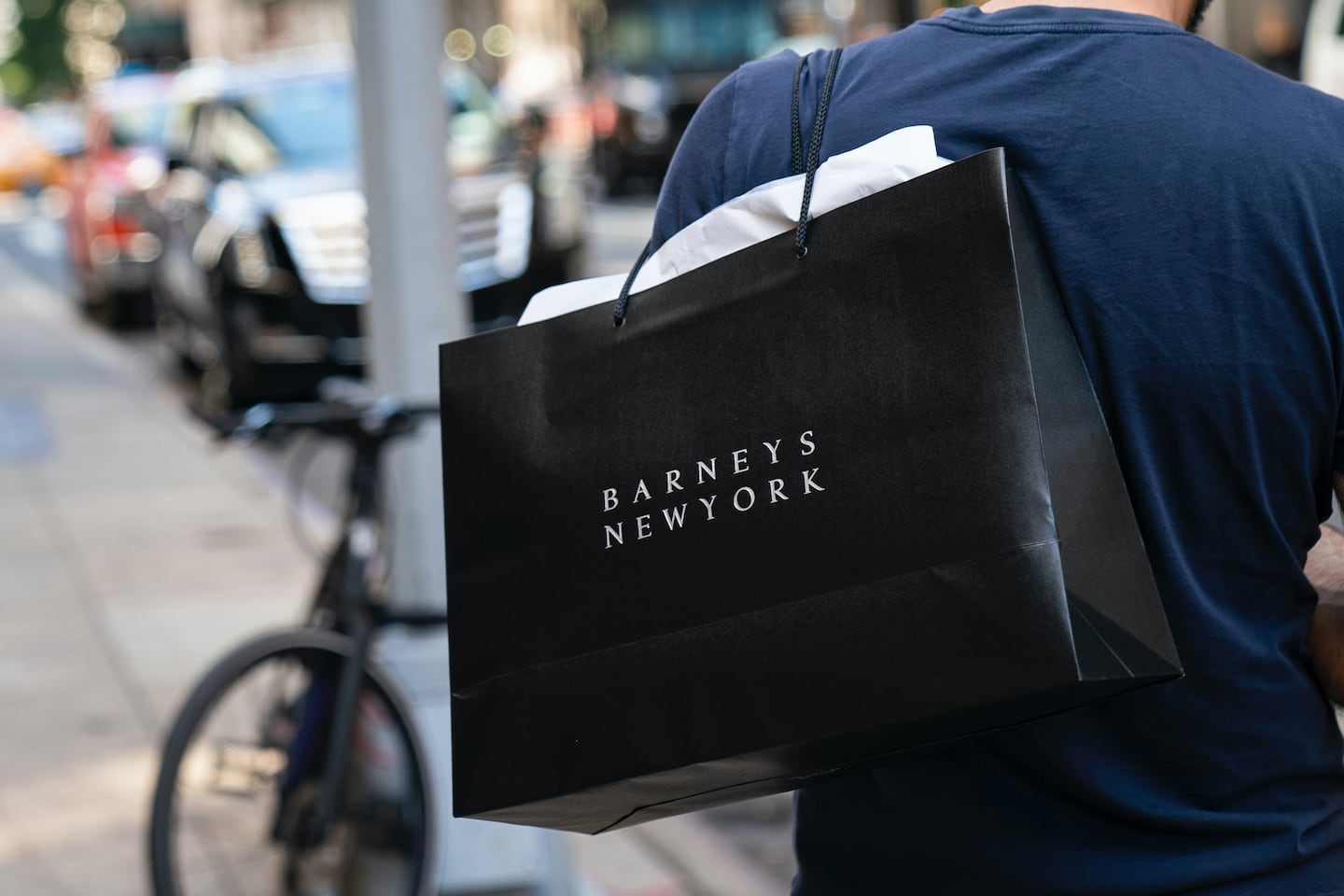
The Business of Fashion
Agenda-setting intelligence, analysis and advice for the global fashion community.

Agenda-setting intelligence, analysis and advice for the global fashion community.

NEW YORK, United States — Barneys New York Inc. has stopped offering clearance merchandise on its websites, which now redirect to Saks Fifth Avenue's sites.
The retailer suspended closeout sales on Barneys.com and Barneyswarehouse.com sites and is transferring the remaining goods to Barneys stores slated to close, according to a representative for B. Riley Financial Inc., the firm handling the liquidation sales. Clearance at those stores will continue through January and possibly into early February, the person said.
Barneys, which filed for bankruptcy in August, is closing most of its stores after Authentic Brands Group LLC won court approval to buy it. Authentic, which owns and operates consumer and celebrity brands, plans to open Barneys shops inside about 40 Saks Fifth Avenue stores. Users who type in the previous Barneys domain names now see pages reading Barneys at Saks or Saks Off Fifth.
A representative for Authentic didn’t immediately respond to a request for comment.
ADVERTISEMENT
As the holidays kicked off, Barneys stepped up its discounts to about a third off, an almost unheard of reduction in the luxury world.
By Lauren Coleman-Lochner; editor: Rick Green, Nicole Bullock, Lisa Wolfson
As the German sportswear giant taps surging demand for its Samba and Gazelle sneakers, it’s also taking steps to spread its bets ahead of peak interest.
A profitable, multi-trillion dollar fashion industry populated with brands that generate minimal economic and environmental waste is within our reach, argues Lawrence Lenihan.
RFID technology has made self-checkout far more efficient than traditional scanning kiosks at retailers like Zara and Uniqlo, but the industry at large hesitates to fully embrace the innovation over concerns of theft and customer engagement.
The company has continued to struggle with growing “at scale” and issued a warning in February that revenue may not start increasing again until the fourth quarter.